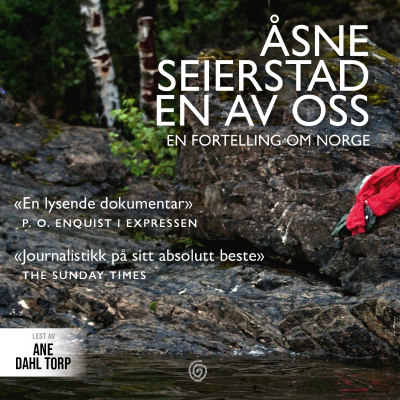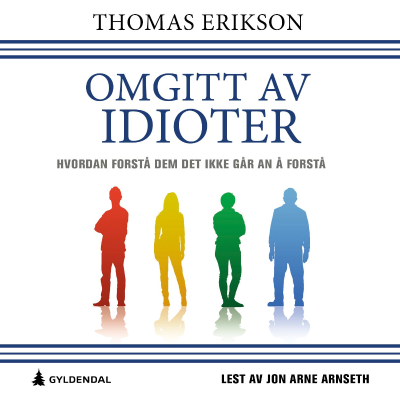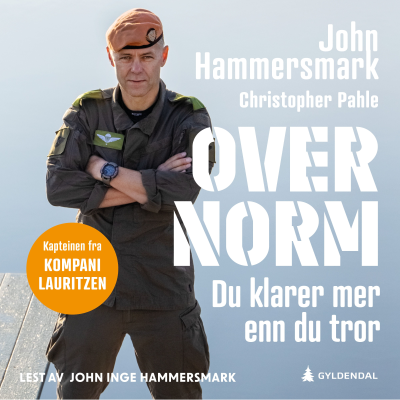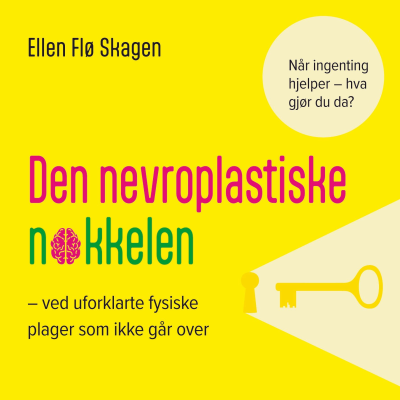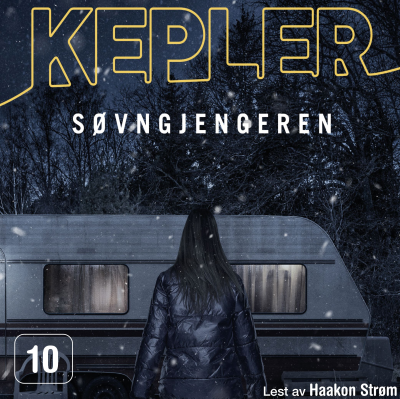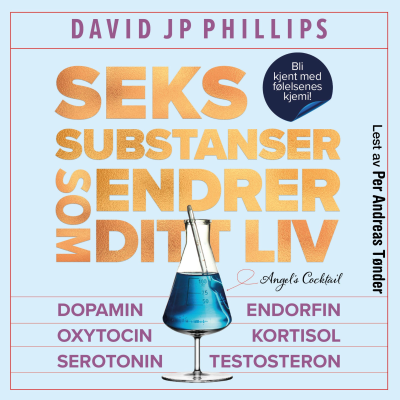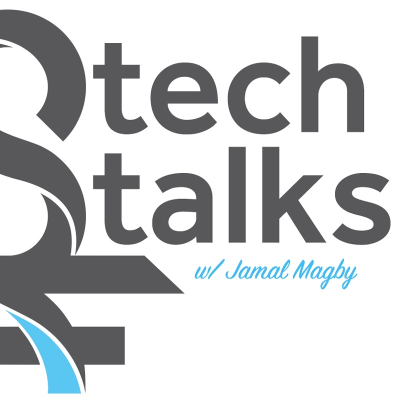
CDT Tech Talks
engelsk
Teknologi og vitenskap
Prøv gratis i 14 dager
99 kr / Måned etter prøveperioden.Avslutt når som helst.
- 20 timer lydbøker i måneden
- Eksklusive podkaster
- Gratis podkaster
Les mer CDT Tech Talks
Tech Talks are a podcast imagined and created by the folks over at the Center for Democracy and Technology (CDT). We're a 501(c)3 nonpartisan nonprofit organization that fights to put democracy and human rights at the center of the digital revolution. We work to promote democratic values by shaping technology policy and architecture, with a focus on equity and justice. #techtalkcdt Support CDT's work with a donation: https://cdt.org/techtalk/
Alle episoder
154 EpisoderTalking Tech with Aliya Bhatia & David Klotsonis on Protecting Minors Online: A Transatlantic View on Platform Safety
At the end of last year, CDT Europe’s David Klotsonis and CDT US’ Aliya Bhatia sat down for a transatlantic conversation on one of the most pressing digital policy challenges today: protecting minors online. Drawing on their work tracking debates in both the EU and the US, they unpack how policymakers and platforms are trying to make online spaces safer for young people. The discussion ranges from the influence of platform design choices—like recommender systems—to more controversial tools such as age assurance, with its complex risks and trade-offs. Together, David and Aliya reflect on where approaches align, where they diverge, as well as what these choices mean for the future of child safety online.
TechProm Tech Talk - Episode 2
Background Music Credit: "Chill Upbeat" by FreeMusicForVideo on pixabay.com
Tech Prom Tech Talk - Episode 1
Background Music Credit: "Upbeat Music" by DELOSound on pixabay.com
Tech Prom Tech Talk - Episode 3
Recorded on the night of the greatest party the on tech policy calendar -- Tech Prom!
Tech Prom Tech Talk - Episode 4
CW: Language Background Music Credit: "Background Music Upbeat" by DELOSound on pixabay.com
Velg abonnementet ditt
Premium
20 timer lydbøker
Eksklusive podkaster
Gratis podkaster
Avslutt når som helst
Prøv gratis i 14 dager
Deretter 99 kr / måned
Premium Plus
100 timer lydbøker
Eksklusive podkaster
Gratis podkaster
Avslutt når som helst
Prøv gratis i 14 dager
Deretter 169 kr / måned
Prøv gratis i 14 dager. 99 kr / Måned etter prøveperioden. Avslutt når som helst.
































